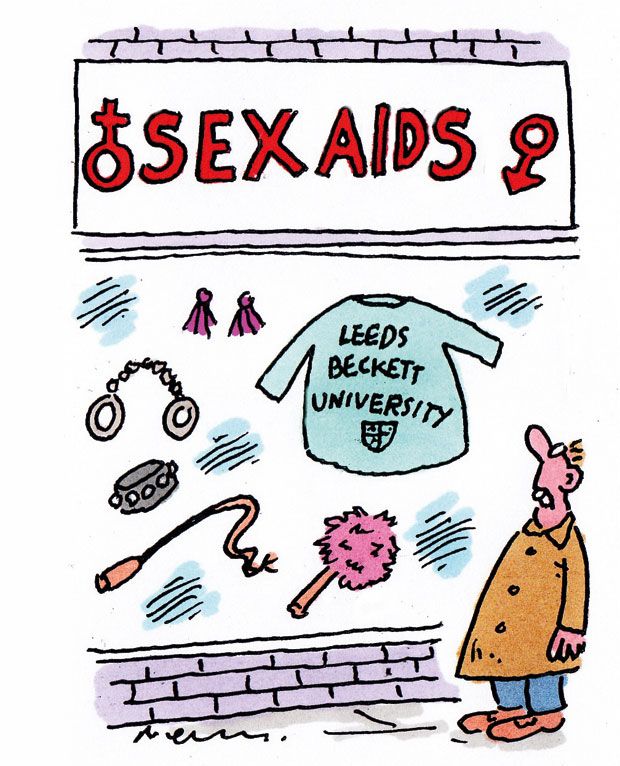
If University College London had hoped that Sir Tim Hunt’s resignation over his “trouble with girls” comments had drawn a line under the controversy, it will have been sorely disappointed. Last week, senior academics, politicians and media commentators took turns to blast the treatment of the Nobel prizewinning biologist, who says he was forced to quit his honorary professorship at UCL. Stargazing scientist Brian Cox was quoted in The Daily Telegraph on 17 June saying that Sir Tim had been “hounded out” after a “trial by social media”, and Classics don Mary Beard wrote in same paper on 18 June that it was wrong to “drum him out of the academic town” despite his “stupid, wrong and, to some people, seriously offensive” remarks. Evolutionary scientist Richard Dawkins hit out at the “baying witch-hunt” in a letter to The Times on 19 June, while London mayor Boris Johnson and myriad letter writers championed Sir Tim’s “right to offend”. And with eight Nobel laureates criticising UCL in a Times front-page story on 20 June, the backlash may be far from over.
After a close-run contest that sparked controversy over which candidate Melvyn Bragg was backing, Simon Armitage – a Portsmouth Polytechnic graduate and former probation officer – has been elected professor of poetry at the University of Oxford. He pipped 80-year-old Nigerian playwright Wole Soyinka – Lord Bragg’s original preference before he switched to Armitage – and American A. E. Stallings to the post, The Guardian reported on 20 June. Armitage told the newspaper that he was “delighted and very excited and suitably daunted as well”. “It’s been such a long process,” he said. “In the time it’s taken, we’ve had a general election, Sepp Blatter has come and gone and come again, and we’ve nearly got a new leader of the Labour Party.”
Research collaboration between Imperial College London and China’s aerospace sector “is under scrutiny as US authorities investigate links between Beijing’s top military aircraft manufacturer and Iran’s ballistic missile programme”, the Financial Times reported on 23 June. The Beijing Aeronautical Manufacturing Technology Research Institute (Bamtri) was added to a US watch list last year because of alleged dealings with companies owned by Li Fangwei, a Chinese national wanted by the US for selling missile technology to Tehran, the newspaper said. Imperial was among “a number of Western organisations and companies that have signed research agreements” with Bamtri and its state-run parent, the FT added. Knowledge transfer is a good thing – but a transfer to Iran’s missile programme would probably be unwise. Imperial said that the collaboration “supports fundamental, non-classified research…which could help develop lighter, safer and more efficient commercial aircraft”.
Lord Mandelson, the former business secretary, has failed in his bid to become chancellor of the University of Manchester, “losing out to a poet from Wigan despite a concerted lobbying campaign for the former Labour minister”. Lemn Sissay, “a poet, broadcaster and playwright who grew up in care”, topped the ballot of university alumni, reported The Guardian on 23 June. Lord Mandelson’s position in the Manchester poll matched the title of his autobiography, The Third Man – he finished last, behind Mr Sissay and the conductor Sir Mark Elder. The peer is likely to be “offered another lofty position at the university as a consolation prize – most likely honorary chair”, The Guardian said. That would be a fitting show of gratitude to Lord Mandelson, who, after all, did bestow the Browne Review on higher education.
Having dropped its “Metropolitan” tag last year, Leeds Beckett University might have wondered if its new identity could help propel it up the league tables. Its number one ranking in the University Sex League is surely not what it had in mind, having unexpectedly ascended 22 places in this year’s standings. The sector’s trashiest league table – published by online magazine Hexjam on 18 June – claims that students at Leeds Beckett have 8.45 sexual partners on average, just ahead of Southampton Solent University and the London School of Economics. One might question the honesty of the 6,000 students surveyed: the same poll found that theology students are among the most promiscuous on campus.
请先注册再继续
为何要注册?
- 注册是免费的,而且十分便捷
- 注册成功后,您每月可免费阅读3篇文章
- 订阅我们的邮件
已经注册或者是已订阅?